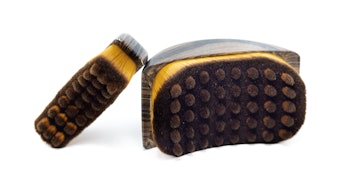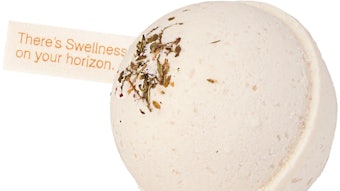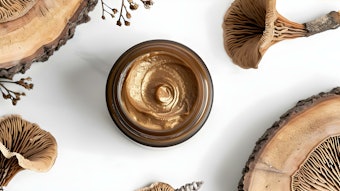People who unwind with a cup of tea every night may have a lower risk of two common forms of skin cancer, new research suggests.
In a study of nearly 2,200 adults, researchers found that tea drinkers had a lower risk of developing squamous cell or basal cell carcinoma, the two most common forms of skin cancer.
Men and women who had ever been regular tea drinkers -- having one or more cups a day -- were 20 percent to 30 percent less likely to develop the cancers than those who didn't drink tea.
The effect was even stronger among study participants who'd been tea fans for decades, as well as those who regularly had at least two cups a day, according to findings published in the Journal of the American Academy of Dermatology.
However, the findings do not mean it's okay to bake in the sun as long as you have a cup of tea afterward. The researchers found no evidence that tea drinking lowered skin cancer risk in people who'd accumulated painful sunburns in the past.
Nor did the study look at the relationship between tea drinking and malignant melanoma, the least common but most deadly form of skin cancer.
Still, the findings support the theory that tea antioxidants may limit the damage UV radiation inflicts on the skin, according to the study authors, led by Dr. Judy R. Rees of Dartmouth Medical School in Lebanon, New Hampshire.
In particular, a tea antioxidant known as EGCG has been shown to reduce burning on UV-exposed skin.
The current findings are based on interviews with 770 New Hampshire residents with basal cell carcinoma, 696 with squamous cell carcinoma, and 715 cancer-free men and women the same age.
Tea consumption was linked to a lower skin cancer risk, even with factors such as age, skin type and history of severe burns considered. However, tea drinkers who'd suffered multiple painful burns in the past did not have a lower risk of skin cancer.
It's possible, the researchers explain, that the antioxidants in tea are enough to limit skin damage caused by moderate sun exposure, but not the "more extreme" effects of sun exposure, such as cancer-promoting damage to the DNA in skin cells.
SOURCE: Journal of the American Academy of Dermatology, May 2007.
HealthDay News, May 4, 2007










